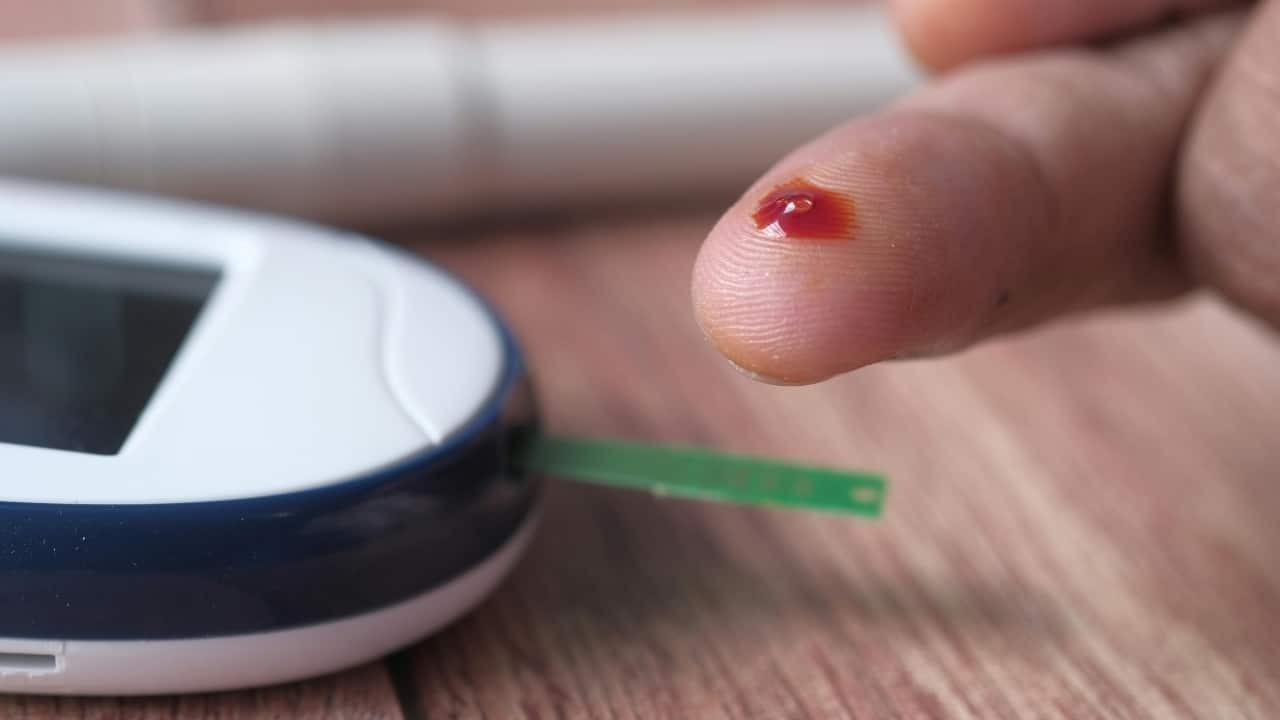Business
Diabetes Threatens Sight: Preventing Diabetic Retinopathy

Diabetes is increasingly recognized not just for its impact on blood sugar levels but also for its potential to cause serious vision problems. In India, where over 77 million individuals are living with diabetes, the rise of diabetic retinopathy poses a significant threat to public health. This condition, characterized by damage to the eye’s blood vessels due to high blood sugar, often goes unnoticed until it severely impairs vision, making timely intervention essential.
The Indian Council of Medical Research has highlighted the rapid spread of diabetic retinopathy across urban and rural areas, pointing to a growing eye health crisis. “Patients rarely notice the condition until vision loss has already occurred,” states Dr. Ananth Bhandary S, Head of Department and Consultant in Ophthalmology at Ramaiah Memorial Hospital in Bengaluru. He emphasizes that the late detection of diabetic retinopathy, coupled with low awareness levels, exacerbates the situation, particularly affecting working-age individuals.
Understanding the causes of diabetic retinopathy is crucial for prevention. Prolonged exposure to high blood sugar levels gradually weakens the eye’s delicate blood vessels, leading to leakage or blockage. This can trigger swelling in the retina, especially in the macula, which is vital for clear vision, potentially resulting in blurred or lost sight. “The longer one has diabetes and the poorer the sugar control, the higher the risk of retinopathy,” warns Dr. Bhandary.
Effective Prevention Strategies
Preventing diabetic retinopathy hinges on managing blood sugar levels, blood pressure, and cholesterol. Essential lifestyle measures include maintaining a balanced diet, engaging in regular exercise, managing weight, quitting smoking, and reducing stress. “These lifestyle changes are not just beneficial for heart health but are crucial for protecting vision,” Dr. Bhandary adds.
Regular monitoring plays a critical role in prevention. Diabetics are advised to undergo a comprehensive dilated eye exam at least once a year. “Catching the disease early can prevent irreversible damage and allow for timely treatment,” suggests Dr. Bhandary.
Treatment Options for Diabetic Retinopathy
For those already affected by diabetic retinopathy, several treatment options are available. These include:
– **Laser photocoagulation**: This procedure targets and closes leaking or abnormal blood vessels in the eye.
– **Anti-VEGF injections**: Medications injected into the eye can reduce swelling and stop the growth of abnormal blood vessels.
– **Vitrectomy**: A surgical procedure that removes blood-filled gel from the eye and repairs retinal detachment.
As the prevalence of diabetes continues to rise globally, understanding and addressing diabetic retinopathy is more critical than ever. With proper management and preventive measures, the risk of vision loss can be significantly reduced, allowing individuals to maintain their quality of life.
This article serves as a general overview of diabetic retinopathy and preventive strategies. It is not a substitute for professional medical advice. Individuals should consult healthcare specialists for personalized health assessments and treatments.
-

 World5 months ago
World5 months agoSBI Announces QIP Floor Price at ₹811.05 Per Share
-

 Lifestyle5 months ago
Lifestyle5 months agoCept Unveils ₹3.1 Crore Urban Mobility Plan for Sustainable Growth
-

 Science4 months ago
Science4 months agoNew Blood Group Discovered in South Indian Woman at Rotary Centre
-

 World5 months ago
World5 months agoTorrential Rains Cause Flash Flooding in New York and New Jersey
-

 Top Stories5 months ago
Top Stories5 months agoKonkani Cultural Organisation to Host Pearl Jubilee in Abu Dhabi
-

 Sports4 months ago
Sports4 months agoBroad Advocates for Bowling Change Ahead of Final Test Against India
-

 Science5 months ago
Science5 months agoNothing Headphone 1 Review: A Bold Contender in Audio Design
-

 Top Stories5 months ago
Top Stories5 months agoAir India Crash Investigation Highlights Boeing Fuel Switch Concerns
-

 Business5 months ago
Business5 months agoIndian Stock Market Rebounds: Sensex and Nifty Rise After Four-Day Decline
-

 Sports4 months ago
Sports4 months agoCristian Totti Retires at 19: Pressure of Fame Takes Toll
-

 Politics5 months ago
Politics5 months agoAbandoned Doberman Finds New Home After Journey to Prague
-

 Top Stories5 months ago
Top Stories5 months agoPatna Bank Manager Abhishek Varun Found Dead in Well









